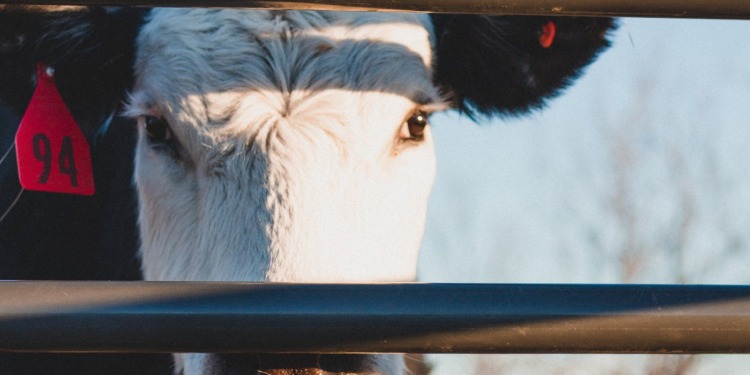Lab-grown meat, also known as cell-based or cultured meat, has been attracting astronomical investments over recent years.
The surge in investments is mainly due to concerns regarding the environmental repercussions of traditional meat production and the welfare of animals.
But whether lab-grown meat is better for the environment has remained unclear.
A common method for assessing the environmental impact of a product or process is life cycle assessment.
Through such assessments, the environmental consequences of a product can be quantified at any stage from raw material to disposal.
Despite long claims about their environmental sustainability, life cycle assessments have only recently been applied to lab-grown meat production.
The most recent study that applied such principles to lab-grown meat production was led by the University of California Davis and was published as a preprint in 2023, meaning it has not yet been peer reviewed.
This study reported that the greenhouse gas emissions associated with lab-grown meat production could be four to 25 times higher than that of conventional meat production.
On the contrary, another life cycle assessment study led by CE Delft, a Dutch research and consultancy company, and published in January 2023 claimed that lab-grown meat can be much more environmentally friendly than conventional meat production.
The study proposed cultured meat is “almost three times more efficient in turning crops into meat than chicken, the most efficient animal”.
Let’s unpack the reasons for coming to such different conclusions.
It’s important to consider that none of the companies active in the lab-grown meat space has yet been able to expand their production beyond a small-scale size hence, the input data for their environmental assessments are heavily reliant on projections and assumptions.
Even the largest commercial meat culturing facility, owned by Upside Foods, currently produces approximately 22,680kg of product per year. This is equivalent to less than the weight of three beef carcasses per week as opposed to the mega-scale red meat industry capable of producing 12.6 billion kg in one year in the United States alone.
Related Articles: Could Veganism Be Missing the Mark? The Case for Mindful Meat. | Our Sustainable Future: Lab-Grown Meat
It should also be noted that to ensure a fair and consistent comparison between different products, selecting a quantifiable reference, known as a functional unit is crucial.
In other words, selecting relevant functional units enables meaningful comparisons by focusing on what a product is intended to do and the purposes a product may serve, such as providing nutrients or energy, as opposed to gram-for-gram comparisons.
This is especially important when considering the functional and nutritional quality of meat.
Being produced from cloning a single cell type — for example, muscle cells — lab-grown meat will not inherently contain several key nutrients found in meat such as fat-soluble vitamins like vitamin A, or vitamin B12 which is produced by the gut bacteria in animals.
Therefore, these nutrients will either need to be added to the raw product or the lab-grown meat should be formulated with plant-based alternatives as a hybrid product to contain a similar nutrient profile.
Even then there might be differences in the digestibility and bioavailability of the added nutrients which is another area worthy of further investigation.
Lastly, both of these life cycle assessment studies agree that growing meat in labs is an energy-intensive process and its environmental footprint is highly sensitive to the energy mixes used for conducting the studies.
The CE Delft study is optimistic that using renewable energy will solve the energy issues associated with lab-grown meat but they fail to consider that renewable energy is not accessible all around the world.
This is the case for Singapore which is a pioneer in commercialising lab-grown meat.
As the lab-grown industry is still in its infancy and quality data is very limited, any claims regarding the environmental sustainability of such products should be treated with caution and the limitations of each study should be acknowledged.
— —
This article was originally published by 360info™.
Editor’s Note: The opinions expressed here by the authors are their own, not those of Impakter.com — Featured Photo Credit: Garrett Butler.










